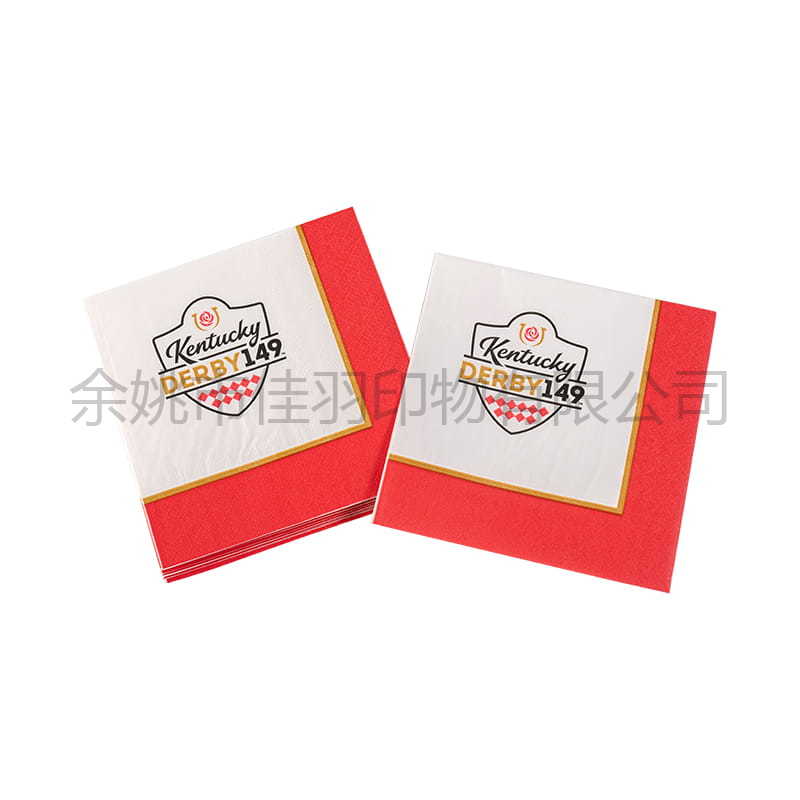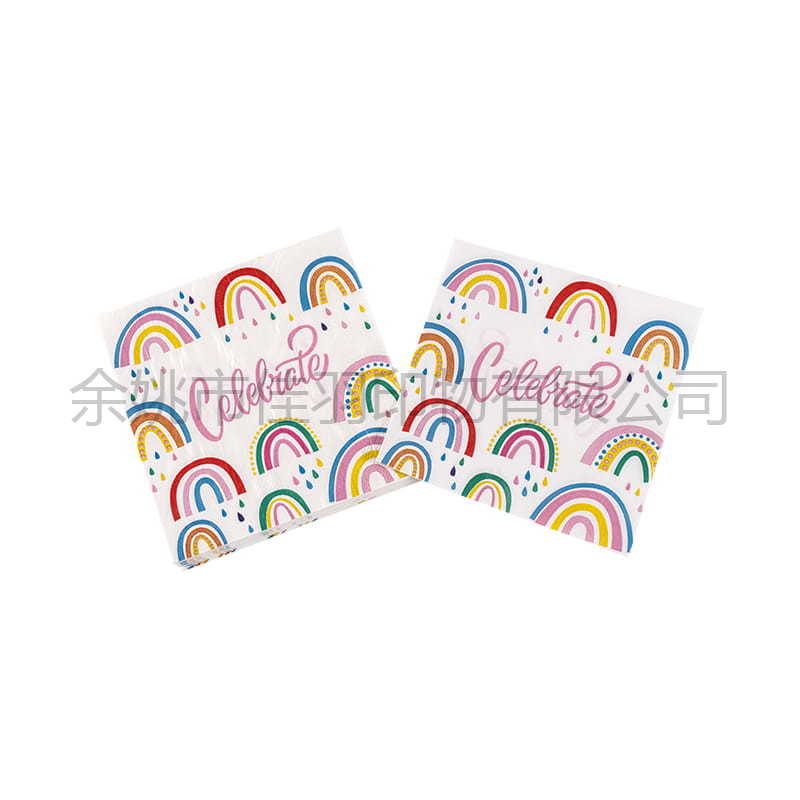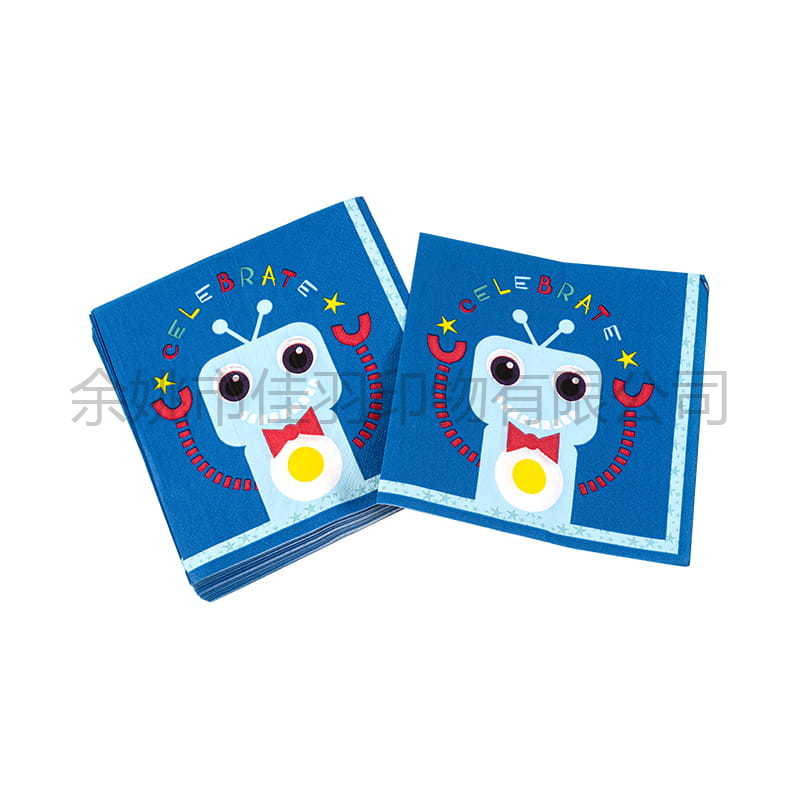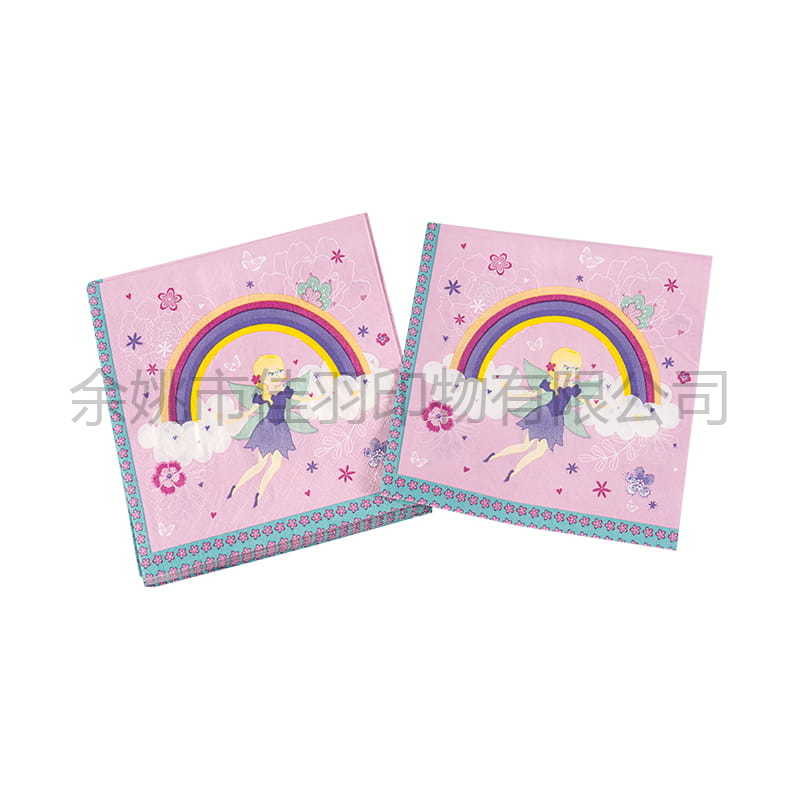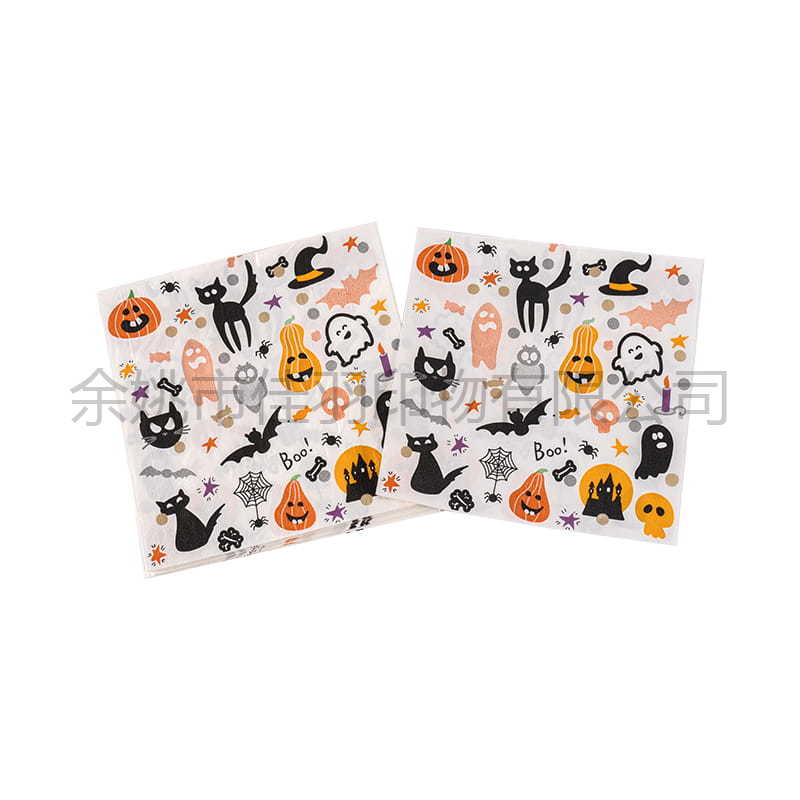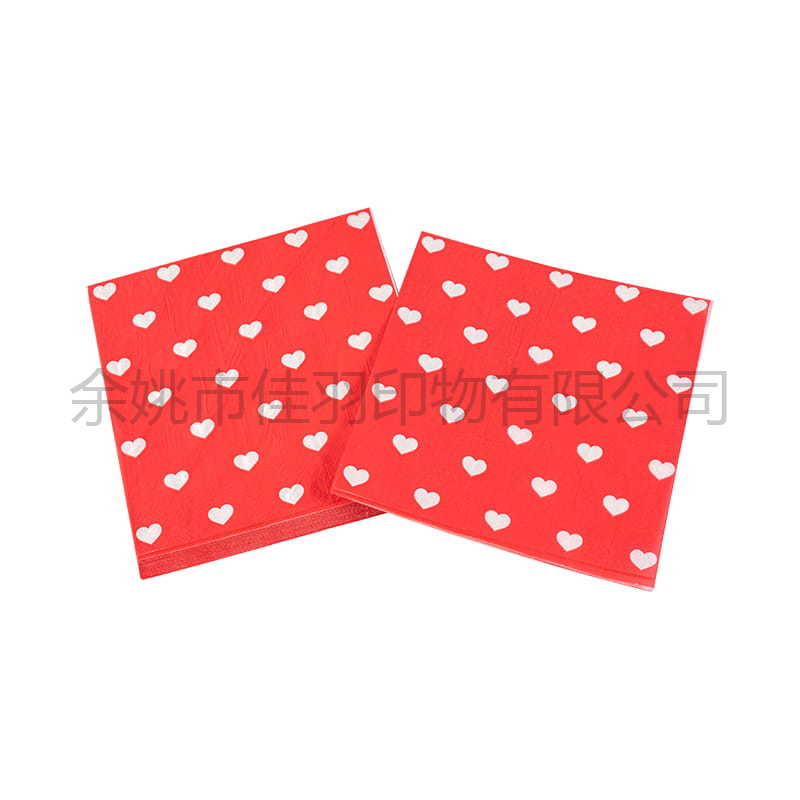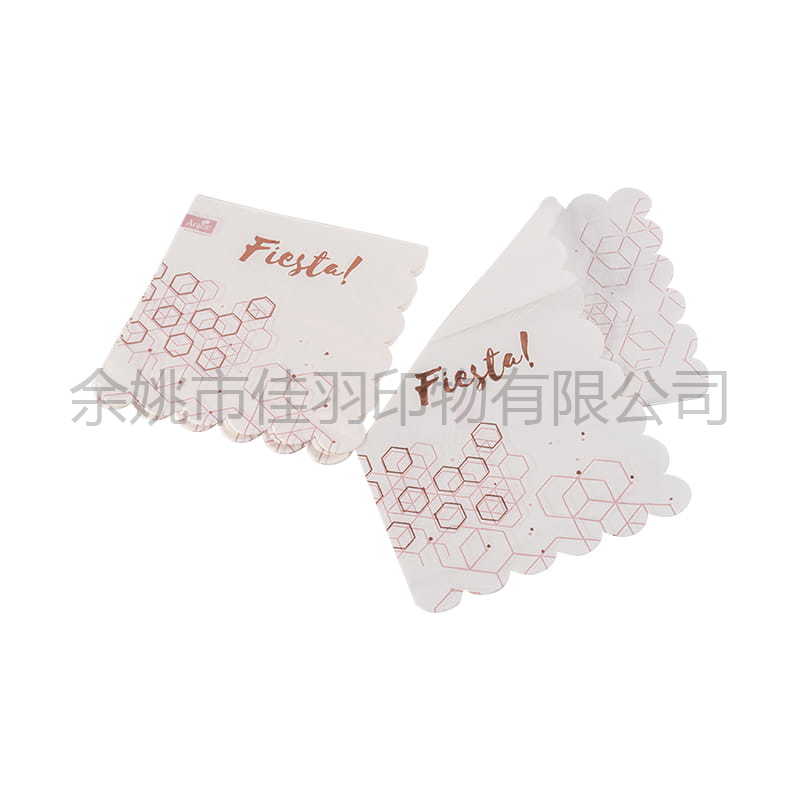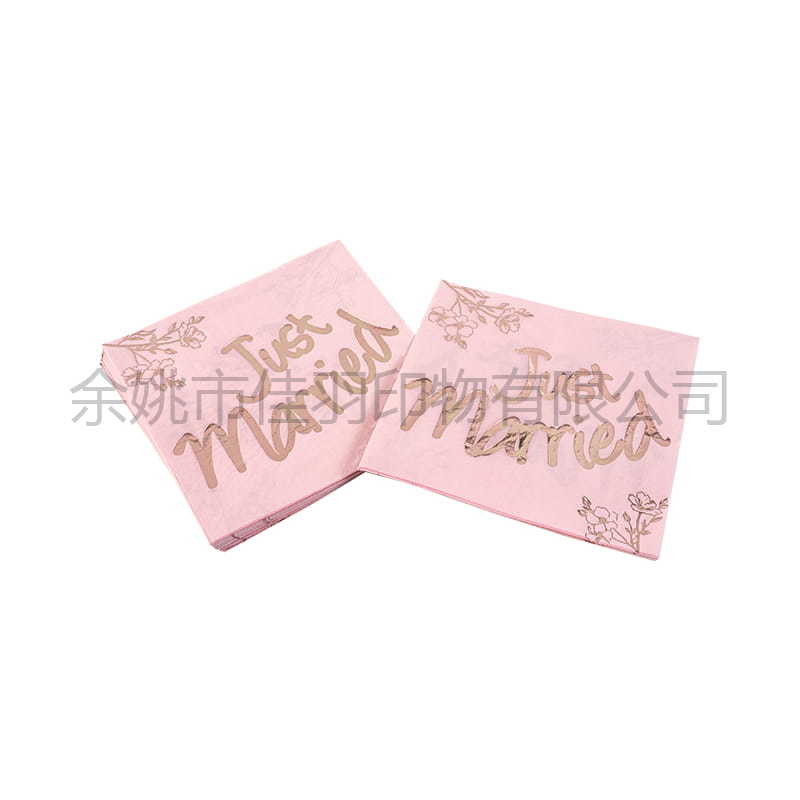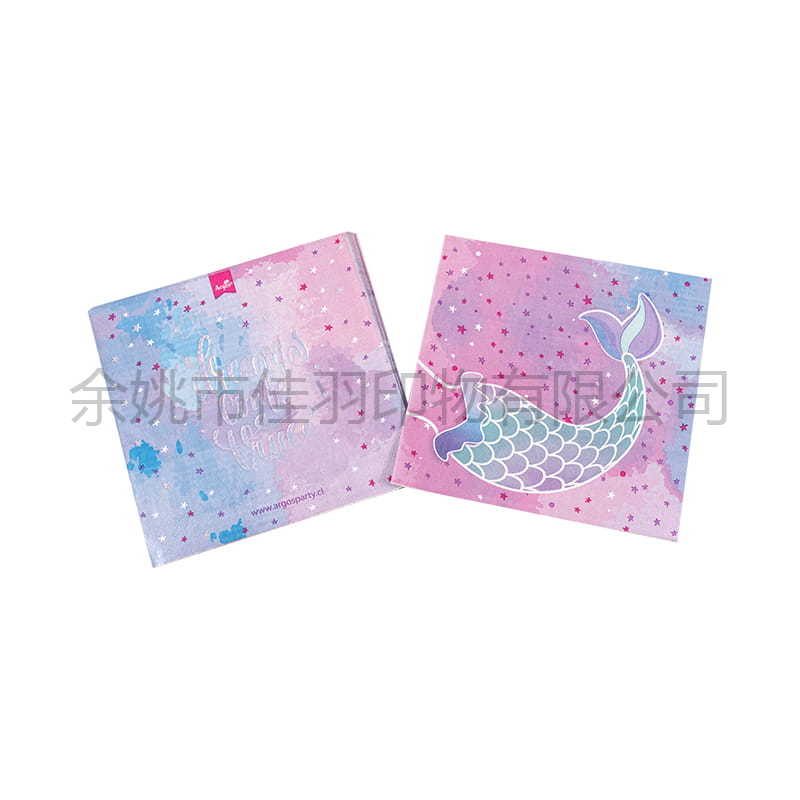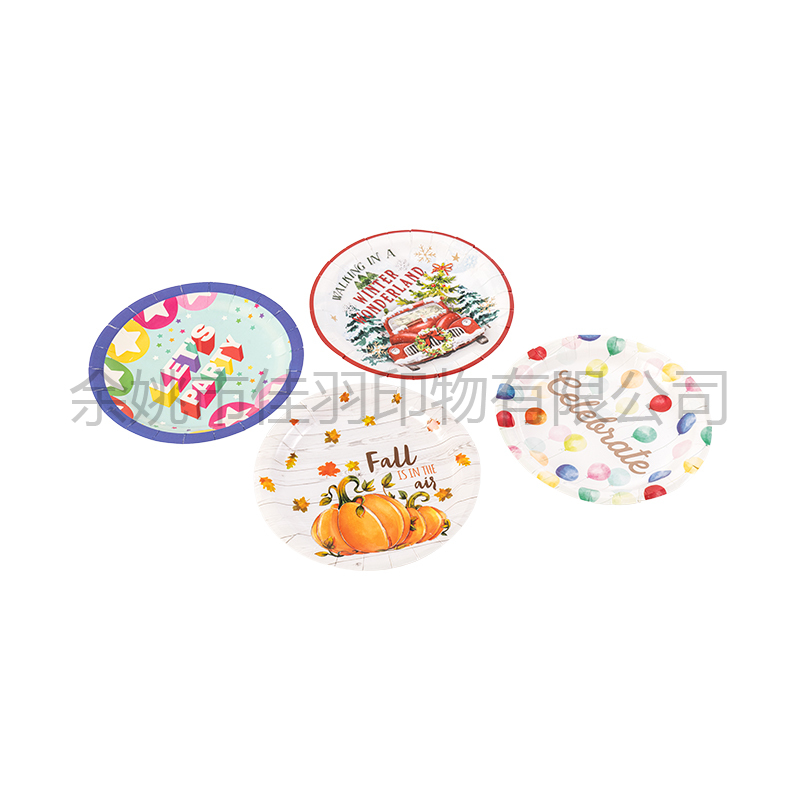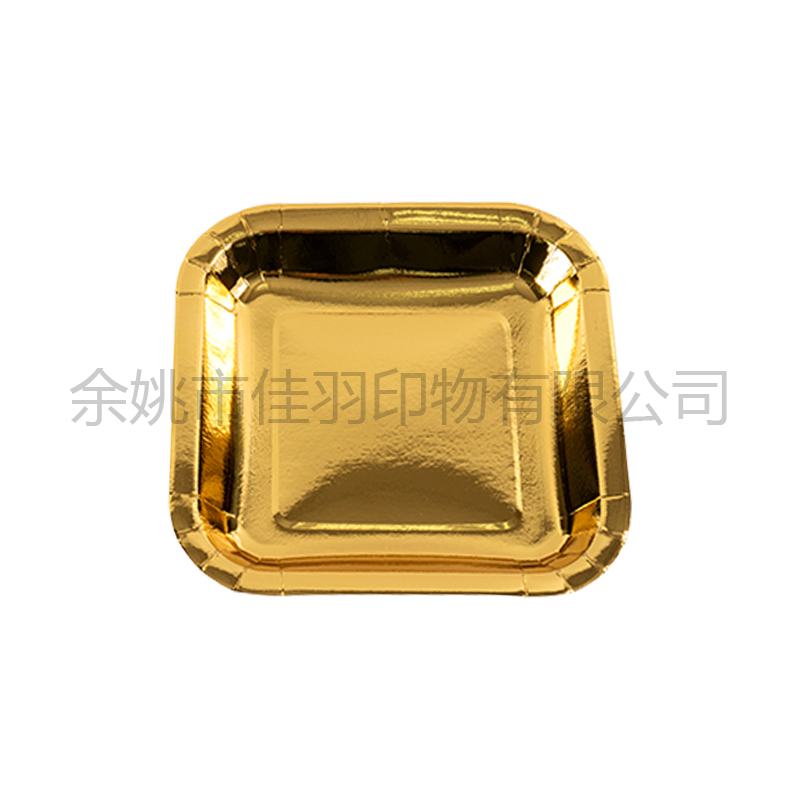Disposable paper plates are a crucial convenience at parties or picnics. But when the party's over, facing the paper plates on the table, have you ever wondered which bin to throw them in? "Can paper plates be recycled?"
Why Is Recycling Paper Plates So Difficult?
Many people assume that any paper product can be recycled. But this isn't the case with paper plates. To protect them from water and oil, most paper plates are coated with a thin layer of plastic or wax during the manufacturing process. This "protective film" complicates recycling.
Traditional paper recycling plants can't effectively separate these coatings. If coated paper plates are mixed with recycled paper, they contaminate the entire batch, rendering the entire batch unusable. Consequently, these paper plates are often classified as "other waste" or "kitchen waste" in the waste sorting process.

30-Second Quick Check: Are Your Paper Plates Recyclable?
To determine whether your paper plates are recyclable, follow these simple criteria:
- Material: If a paper plate has a smooth, glossy surface, or feels plasticky, it likely has a coating and is generally not recyclable. On the other hand, if it's just plain paper without any special treatment, it has potential for recycling.
- Condition: Regardless of the material, if a paper plate is heavily contaminated with food residue, oil, or beverages, it loses its recycling value. This is because food residue contaminates recycling materials, making them more difficult and expensive to process. Therefore, heavily greasy paper plates should be treated as food waste.
New Environmentally Friendly Option: Compostable Paper Plates
The good news is that more and more manufacturers are taking the environmental approach and introducing paper plates made from biodegradable materials. These plates are typically made from bamboo, sugarcane bagasse, or uncoated pure paper pulp. They offer significant advantages in terms of recycling and compostability:
- Compostable: Some paper plates can be placed directly in a home compost bin, where they degrade into natural fertilizer.
- Eco-Friendly: They degrade faster in the natural environment, leaving less of an impact on the environment.
Conclusion
We may see more of these eco-friendly paper plates in the future. So, next time you use a paper plate, take a few extra seconds to carefully assess its material and condition. The simple act of sorting your waste can contribute to resource recycling and environmental protection.
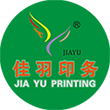
 English
English 中文简体
中文简体 Español
Español Deutsch
Deutsch

